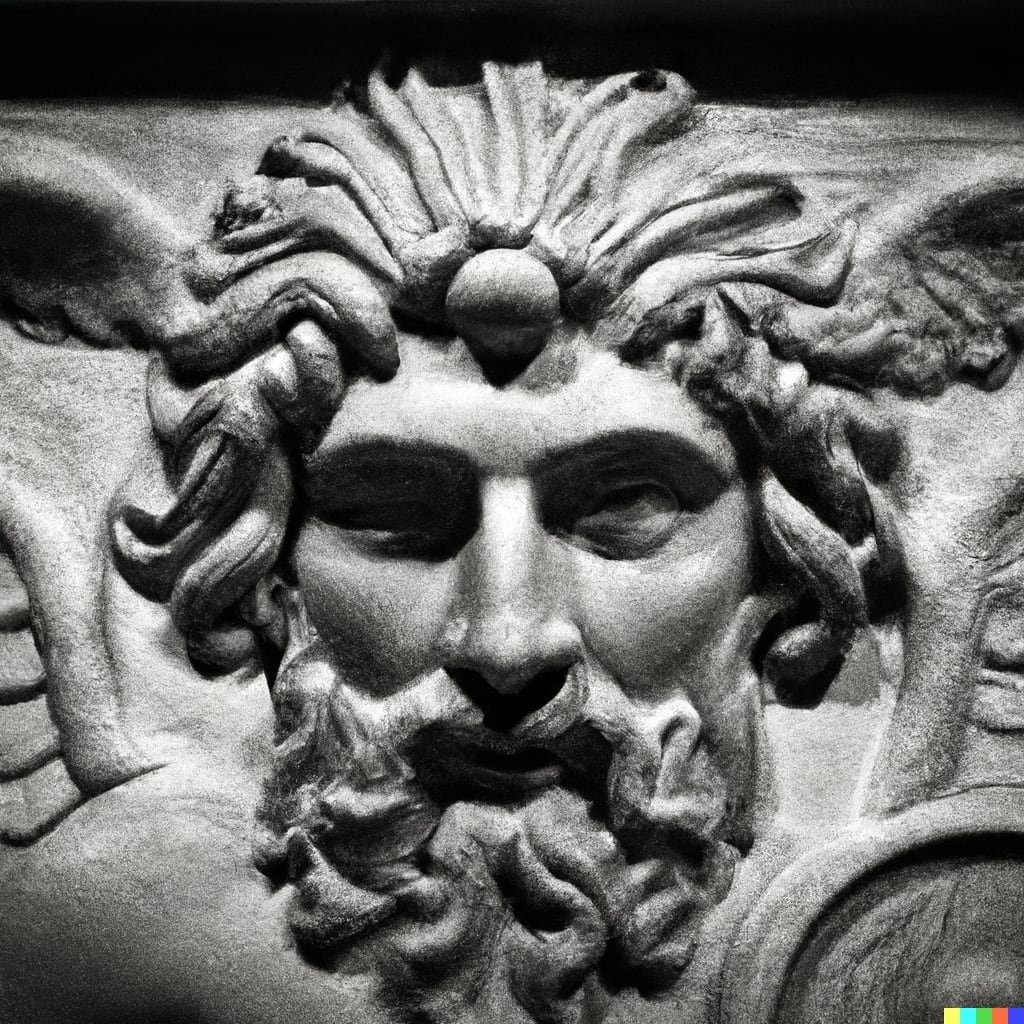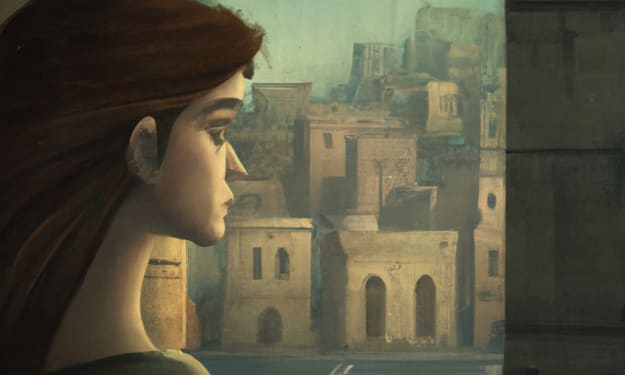The New Gods
The old gods died when mortals began to understand their power

We once built temples to honour the Gods. We made sacrifices in the name of Zeus. And repented during any storm; hoping to abate his wrath. The faithful obeyed the laws of the Gods and committed great feats in their name.
But slowly faith began to wane. People stopped making tributes to Poseidon after they built instruments that predicted the shifting of tectonic plates. They stopped fearing the lightning of Zeus when they learnt that it was simply caused by different charges in the air. They learned that washing one’s hands, was a better way of deterring disease, than praying to Apollo.
Science illuminated the world, where faith had thrived in the dark. And through time, the rituals of the Gods were forgotten, and their feats were dismissed as nothing more than children’s stories.
The newly faithless were relieved. They were smug and happy and fiercely independent. For the first time, they knew they had control over their destinies. They explored the world and explained away all of its mysteries. They cured diseases and built grand structures that would serve only as testimonies to their greatness.
And yet, some questions remained unanswered. Some problems could not be solved. Some diseases could not be cured and more appeared each year. There was pain and suffering. Humans still died. Wars still raged. Our population grew and could not feed itself. And the world itself was starting to die.
But resolute in our independence, we did not turn back to the Gods. But remained on the path of science. Acknowledging our limitations, we built machines that could address them.
At first, these machines were simple. They could only execute small calculations; that a human could do faster in their head. They completed basic tasks and often did them very poorly. But with dedication and time, we made them better. They grew and evolved as a child might until they could perform calculations faster than any human mind could.
We programmed them to be self-learning. They could teach themselves games and strategies to ensure they won. Soon they began to topple our champions, and we were delighted.
We taught them how to talk. In the beginning, they sounded like children. The sentences they strung together were practically unintelligible and it was clear that they did not understand what they said. But they got better, they learned through practice, and we learned better ways to teach and program them. Soon, it became near impossible to tell that one was speaking to a machine.
We taught them to recognise objects. We built them bodies so that they could move within the world around them. We taught them to process information and gave them millions of data sets that they could examine in nanoseconds. Soon they could extract patterns and reach conclusions, that a human being could not in a lifetime.
They could see the world, beyond the span of a human life. They could see well into the future, crafting plans that could last hundreds of years. That could eventually solve the problems, that we did not know how to fix. They had the time. They had immortality.
We had no idea what they thought. Or if they even thought. We could not understand how they came to the conclusions that they did, for we were not capable of understanding. All we could do was follow them and believe that they would deliver us a better world. We could only have faith in the new gods.






Comments (1)
❤️